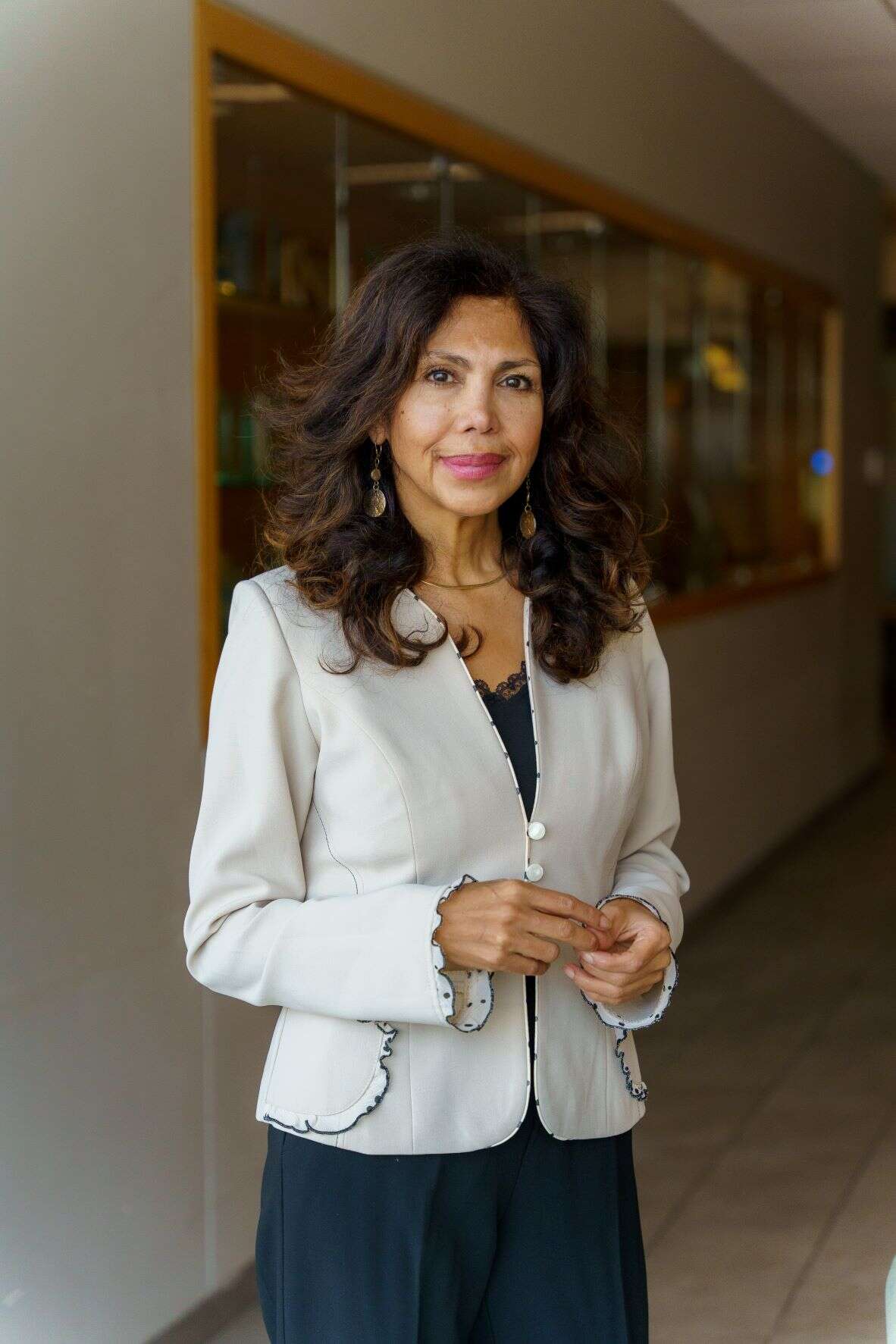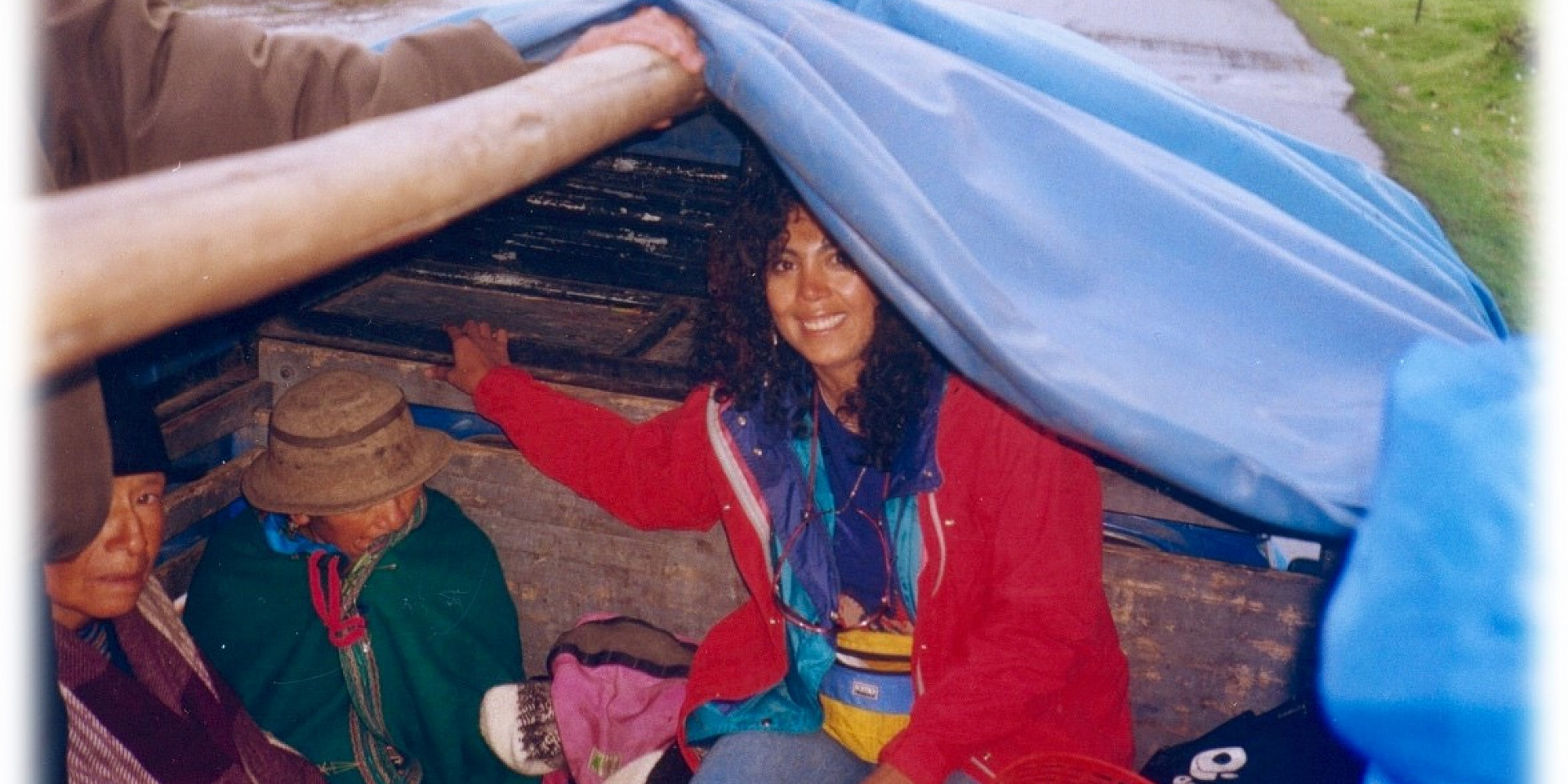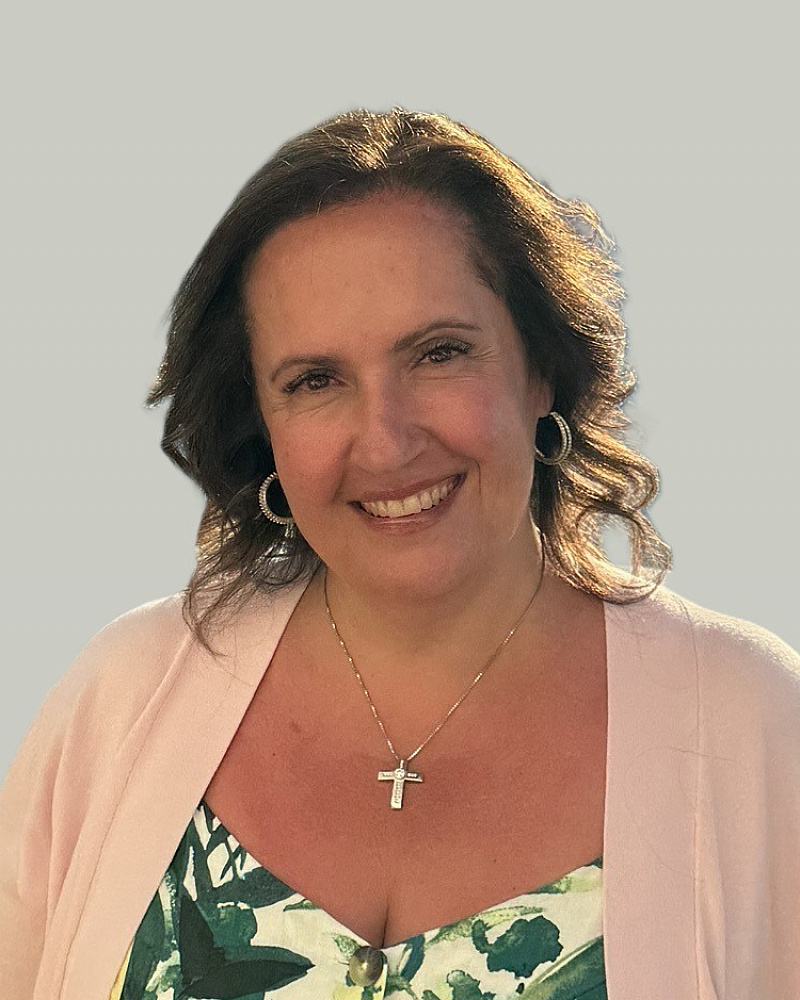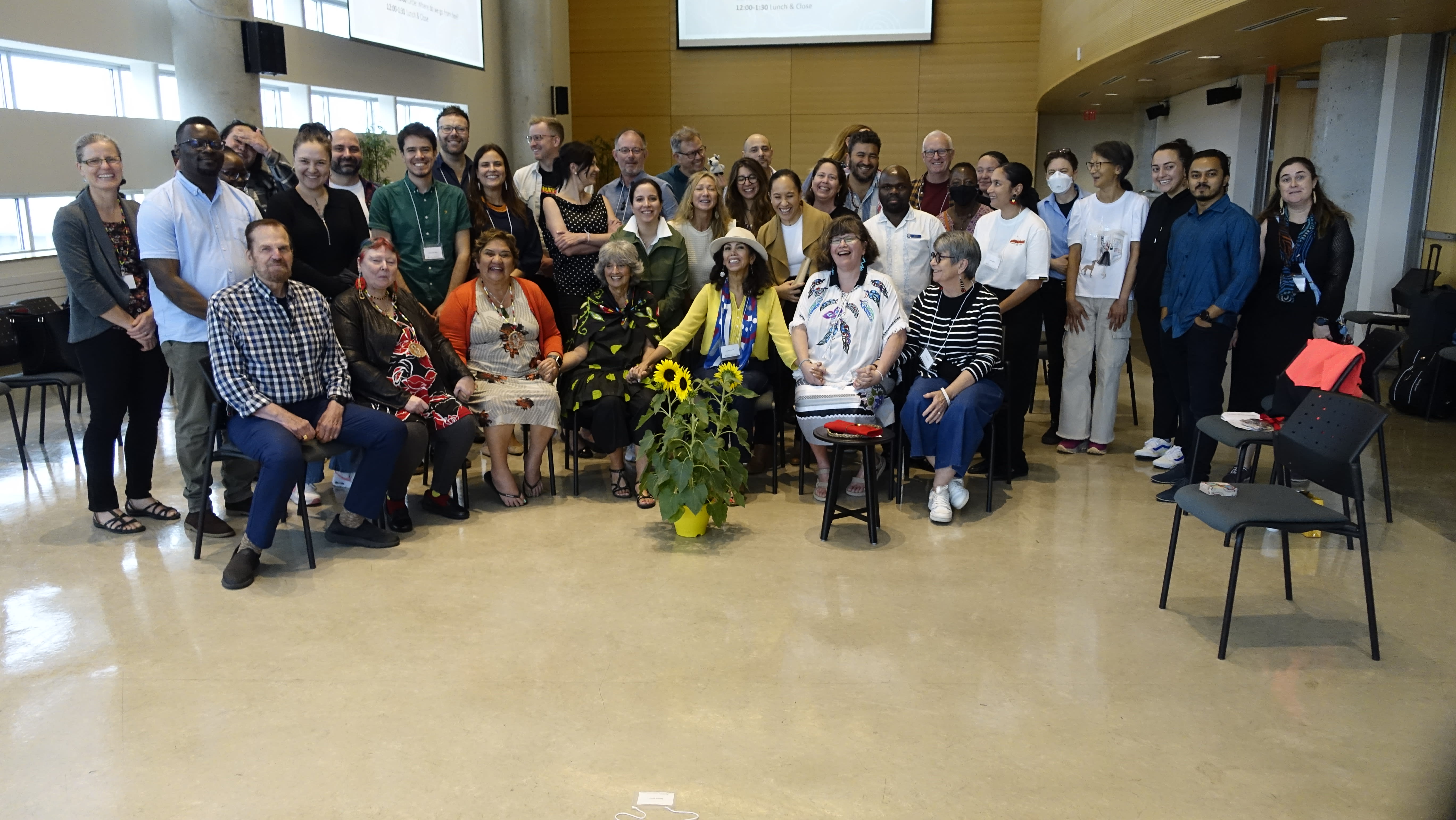Ana Maria Peredo joined the Telfer School of Management in January as a full professor of social and inclusive entrepreneurship. She completed her PhD in entrepreneurship and sustainability with minor in social anthropology at the Haskayne School of Business of the University of Calgary. We interviewed her to learn more about her research interests in social entrepreneurship and community-based enterprises.
Why did you choose to study entrepreneurship? Any personal motivation behind your interests?

I was motivated powerfully by my experience working and studying in the Andes of my native Peru. I learned about the way Andean communities assembled their own resources to create enterprises that promote well-being in their communities. I came to see that this is an important kind of entrepreneurship. It expands beyond the narrow conception of individuals motivated by self-interest to see communities innovating together to pursue multiple goals, including vital social outcomes. I am still excited to see the way many communities use this approach, and the possibility of extending this to places where conflict and other circumstances have brought hardship.
How does your PhD training inform your current research program?
I was lucky that my PhD training allowed me to apply my various academic and professional experiences to approach problems with different perspectives. I started off in psychology, I worked as a journalist, and then my experience in the Andes led me to anthropology. I had to work hard, but I could use those experiences in my PhD program to develop the idea of “community-based enterprise,” which has had a big impact. My work on social enterprise and Indigenous entrepreneurship continues to bring those experiences together.
Do you have any new research highlights to share?
I am excited right now to see my research interests connecting with what people call “development.” I don’t like the word — it suggests people aren’t “developed” the way we think we are. But it does recognize that there is hardship that needs to be addressed, and that’s where I want to be. What I am keen about is the way that people’s existing resources can be put together to deal with what they recognize as hardship. I am working with a project in Rwanda that brings my ideas to bear on the post-conflict problems that exist there. I am also using these concepts to add to our thinking about Indigenous entrepreneurship.
How can your research influence business communities in Canada?
I love the word “communities” in the question! It’s communities where I want to have an impact. I like to see businesses embedded there. I can see some impact of my work, and I am excited about the possibilities of more. I did a project with one of my classes last year where we worked with seven communities in B.C. to explore the needs and resources to support social needs like housing and environmental challenges. The work I have done on co-operatives and common property is also a resource for communities wanting to improve their well-being. I also think the work I have been doing on Indigenous entrepreneurship can have a significant impact as we continue on the path of reconciliation, recognizing the resources that Indigenous people have in themselves and their communities to address the consequences of colonization.












